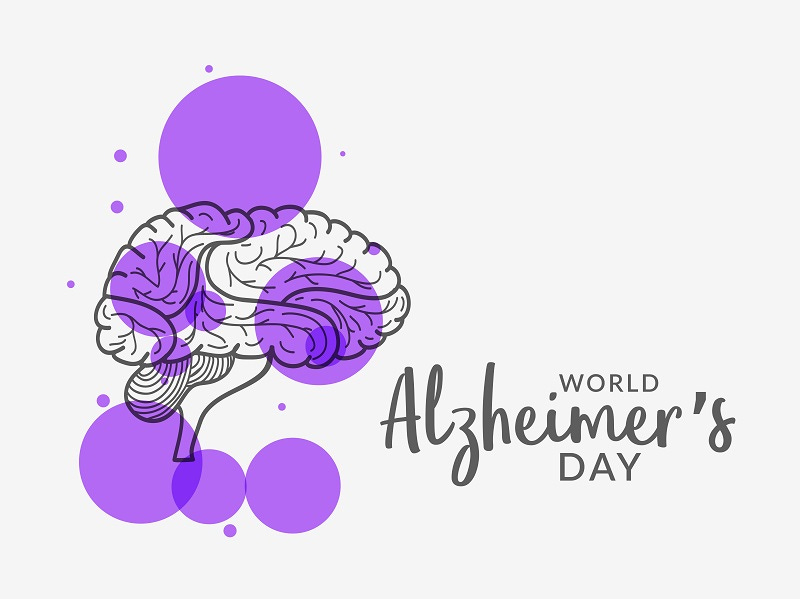More than 10 Lakh Cases of Alzheimer's Disease are reported in India...
This World Alzeimer's Day, Spreading Awareness about this brain disorder causing problems with memory, thinking and behavior
Alzheimer's Disease
Medical Condition
A type of brain disorder that causes problems with memory, thinking and behaviour. This is a gradually progressive condition.
Common (More than 10 lakh cases per year in India)
Often requires lab test or imaging
Treatments can help manage condition, no known cure
Can last several years or be lifelong
Alzheimer's is associated with genetic, lifestyle and environmental factors that affect the brain cells. At the initial stage of the disease, forgetfulness and mild confusion is seen. Over time, recent memories also start erasing. Advanced stage symptoms vary from person to person. Current treatment approaches focus on maintaining the mental function, managing behavioural symptoms, and slow or delay the disease progression.
Symptoms
Alzheimer's causes a gradual decline in memory, thinking and reasoning skills Symptoms depend on the stage of the disease:
Early symptoms include:
Memory loss
Misplacing items
Forgetting the names of places and objects
Repeating themselves regularly, such as asking the same question several times
Becoming less flexible and more hesitant to try new things
Middle-stage symptoms include:
Increasing confusion and disorientation
Obsessive, repetitive or impulsive behaviour
Delusions (believing things that are untrue)
Problems with speech or language (aphasia)
Disturbed sleep
Changes in mood, such as frequent mood swings, depression and feeling increasingly anxious, frustrated or agitated
Difficulty in performing spatial tasks, such as judging distances
Agnosia
Later symptoms include:
Difficulty in changing position or moving around without assistance
Considerable weight loss – although some people eat too much and put on weight
Gradual loss of speech
Significant problems with short and long-term memory
Treatments
Current treatment approaches focus on maintaining the mental function, managing behavioural symptoms, and slow or delay the disease progression.
Medication
AChE inhibitors (Cholinesterase inhibitors): Compensate for the death of cholinergic neurons. They offer symptomatic relief by inhibiting acetylcholine (ACh) turnover and restoring their synaptic levels.
Donepezil · Galantamine · Rivastigmine
Self care
Creating a safe and supportive environment: Adapting the living situation to the needs of a person with Alzheimer's is an important part of any treatment plan.
Always keep keys, wallets, mobile phones and other valuables in the same place at home.
Develop the habit of carrying a mobile phone with location capability.
Use a calendar or whiteboard at home to track daily schedules. Build the habit of checking off completed.
Remove excess furniture and clutter.
Exercise regularly and eat healthy.
Causes
Alzheimer's disease is caused by the excessive shrinking of certain brain tissues, which occurs when neurons stop functioning, lose connections with other neurons, and eventually die.
It's not known how this process begins, but the brains of people with Alzheimer's contain amyloid plaques (abnormal protein deposits between neurons) and neurofibrillary tangles (twisted strands of a protein called tau) that likely affect neurons.
Aside from age and genetics, possible risk factors for Alzheimer's include:
Heart disease
Stroke
High blood pressure
Diabetes
Obesity


